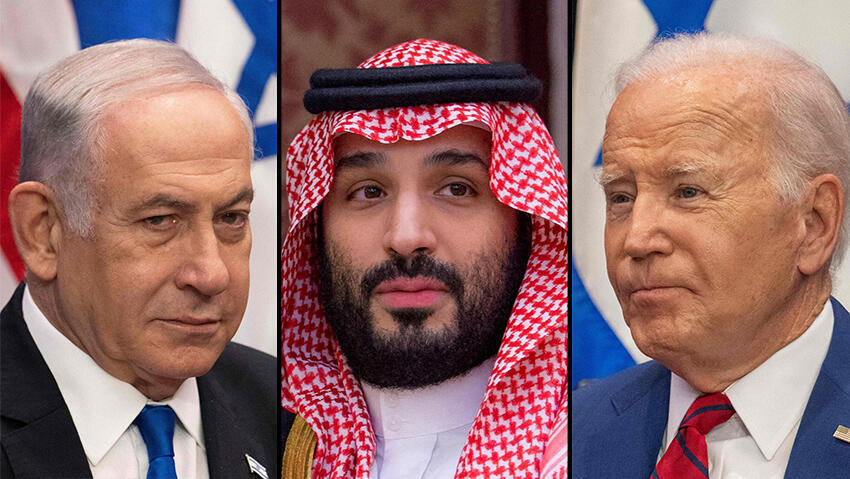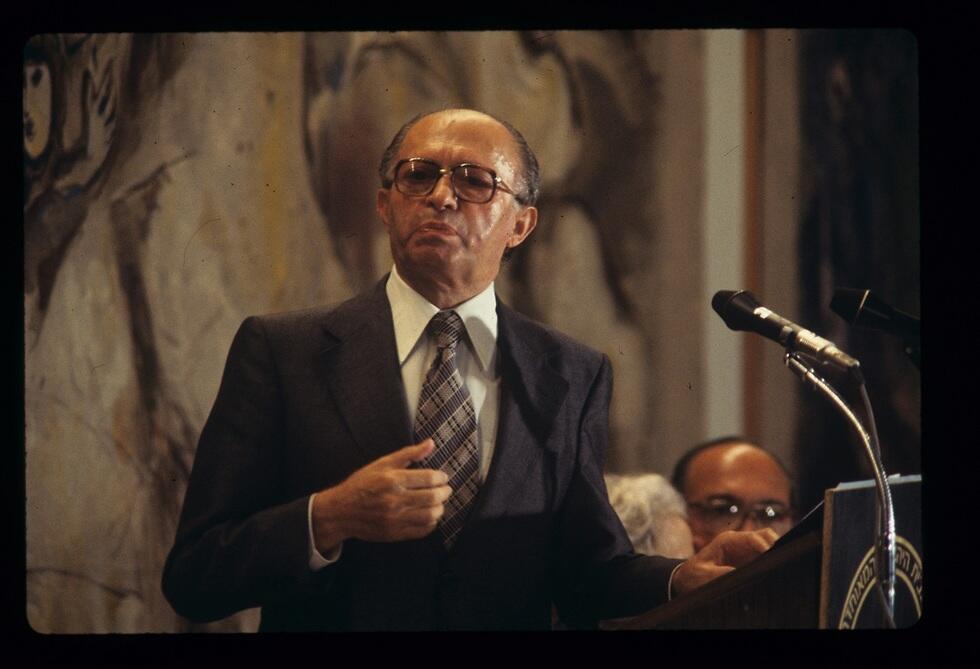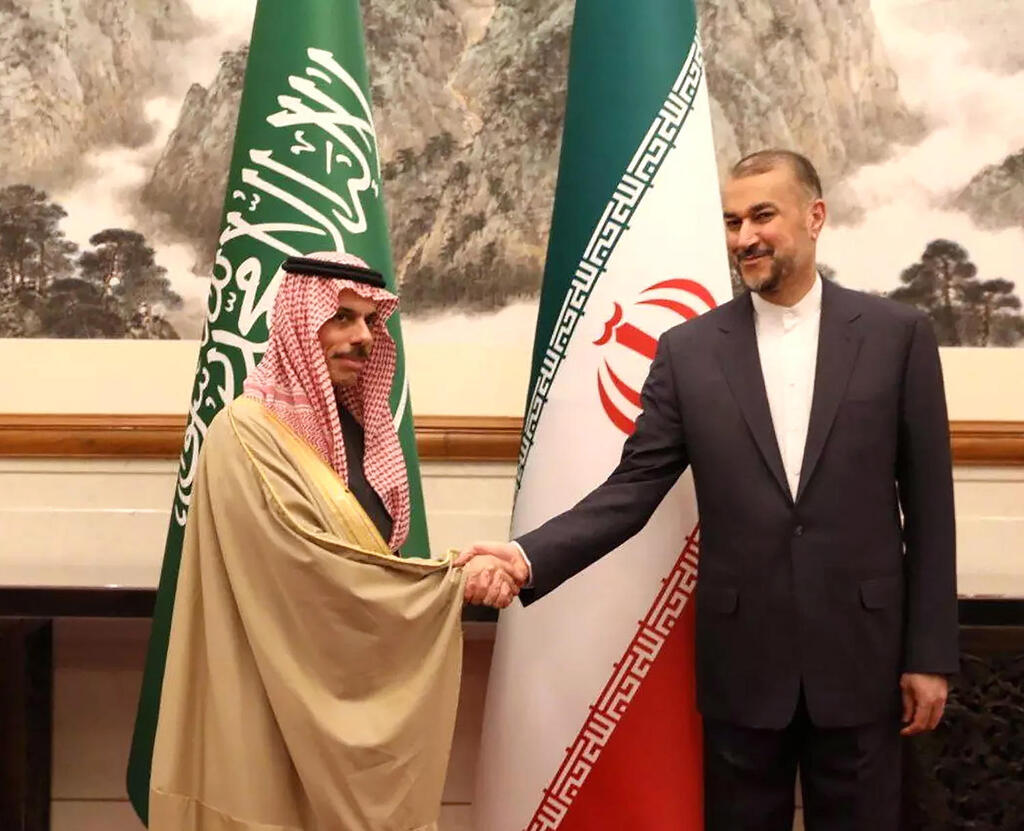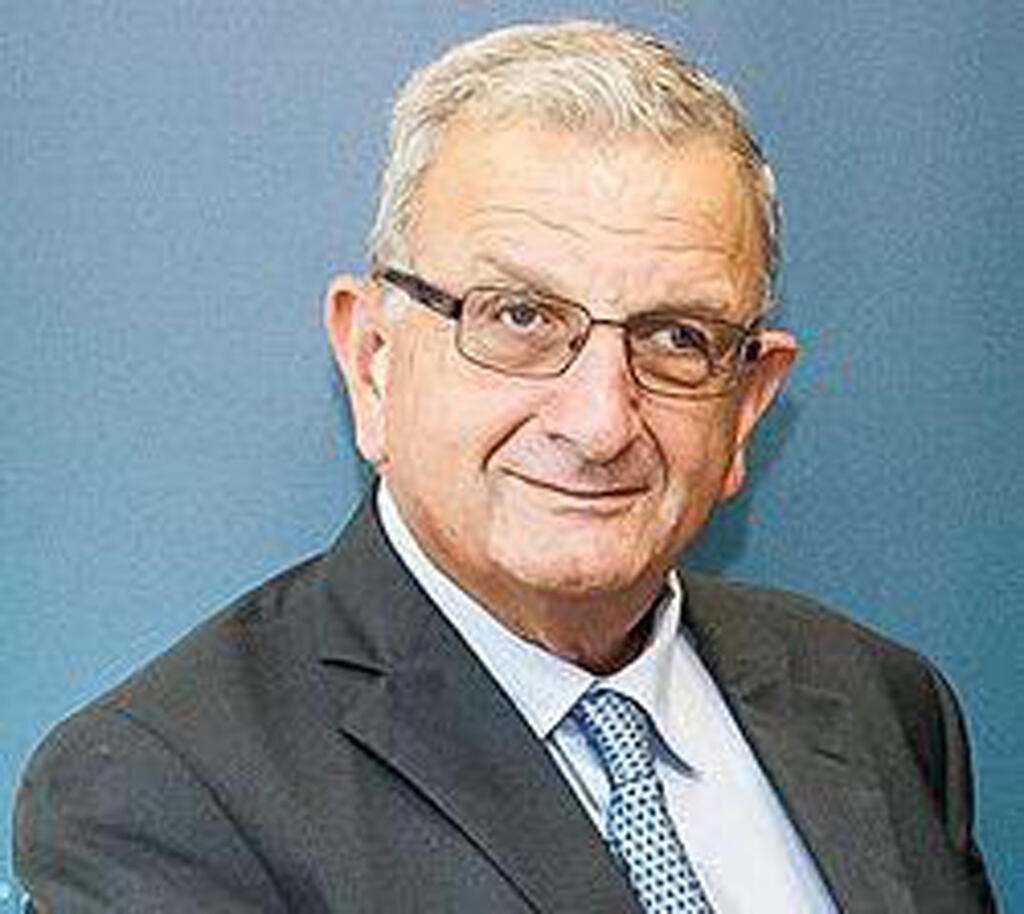A sense of euphoria erupted last week in view of the progress leading to the normalization agreement between the U.S., Saudi Arabia and Israel. The importance of the move and its effect on the Middle East in general and on Israel in particular cannot be overstated, and it is still controversial that nuclear components will be included which will potentially endanger Israel's security in the future.
More stories:
Each of the leaders – Joe Biden, Benjamin Netanyahu and Mohammed bin Salman – has a short-term goal in achieving the agreement, which does not necessarily coincide with the long-term goals of their countries. The American president is at the beginning of a campaign and sees the agreement as a springboard to promote his reelection for a second term. Netanyahu, who is facing criticism for the judicial overhaul, will deflect the arrows of criticism and emphasize the changing face of the Middle East, and the heir to the Saudi throne will position his country as the leader of the Sunni bloc while upgrading its military capabilities, signing a defense alliance with the US and entering the exclusive club of countries with nuclear power reactors.
4 View gallery


Israel prime minister, Saudi crown prince, American president
(Photo: Ludovic MARIN / POOL / AFP, Bandar Algaloud/Courtesy of Saudi Royal Court/Handout via REUTERS)
In our eagerness to sign the agreement, Israel may abandon its traditional policy - which strongly opposes nuclear proliferation and responds to unreliable monitoring mechanisms that will be offered by the Americans under pressure from the Saudis. (Israel is not opposed in principle to nuclear power plants, as seen by the UAE plan to build four reactors, but without control over the fuel cycle. Or as it is called in professional parlance - "the fuel cycle as a closed circuit.")
The risk of having a nuclear fuel circuit in the hands of the Saudis is clear, and was even illustrated last week. In an interview that bin Salman gave to Fox News, he emphasized: "If Iran gets nuclear weapons, Saudi Arabia will also have to have nuclear weapons."
The U.S., eager to reach an agreement with Saudi Arabia, must look at its failure to stop the Iranian nuclear program. The Biden administration is now knowingly turning a blind eye to Iran's violations of the agreement, and in exchange for the release of some hostages it is thawing billions of dollars instead of stopping the Iranian nuclear program.
Israel's position regarding the reliability of signing treaties and agreements in the nuclear field by countries in the Middle East has always been skeptical and supported by historical facts: four of the five violations of the treaty signed by countries took place in the Middle East (Saddam Hussein's Iraq, Muammar Gaddafi's Libya, Bashar Assad 's Syria and Iran of the Ayatollahs' regime). Saudi Arabia, despite the far-reaching transformations that have taken place in it, is not a democratic country, and its leadership may suddenly change and become hostile to Israel - as happened in 1979 in Iran.
4 View gallery


Israel Prime Minister Menachem Begin at 1981 when Iraq nuclear reactor was destroyed
(Photo: David Robinger)
Moreover, when it comes to compliance with the international norm in the nuclear field, Saudi Arabia has so far refused to sign the International Atomic Energy Agency's (IAEA) Additional Protocol for the Prevention of the Proliferation of Nuclear Weapons, which more than 140 countries have signed so far. The uniqueness of this protocol is that it was intended to increase the agency's ability to investigate certain undeclared nuclear facilities and nuclear-related activities, and to demand information that enables stricter oversight mechanisms.
But as previously mentioned, in the Middle East, signing an expanding agreement cannot be used as a guarantee. This was illustrated by the case of Iran, which although it signed the additional protocol in 2015, does not currently approve entry visas for some of the agency's inspectors, and prohibits the placement of surveillance cameras at sensitive sites, thus de facto stripping the agreement from its content.
It is safe to assume that the emerging agreement will strengthen the moderate forces in the Middle East and position Israel in an upgraded geopolitical position. However, the Israeli leaders managing the negotiations that, as far as the Saudi demands in the nuclear field are concerned, must learn from the past experience of their predecessors and prevent nuclear weapons from entering the region.



